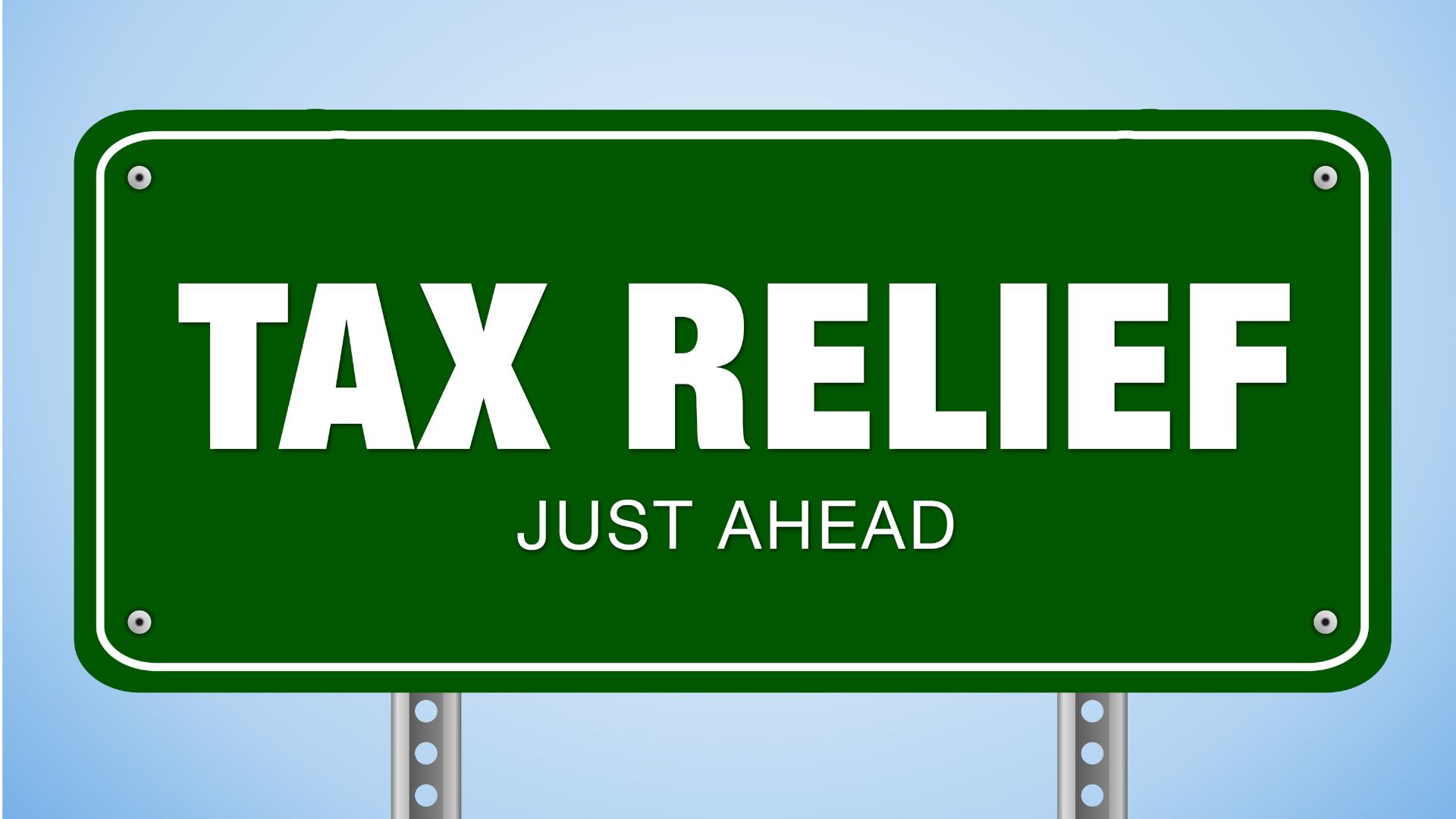Running a small business in the UAE is an exciting journey, but it also comes with its fair share of challenges. One of the biggest concerns for many small and medium-sized enterprises (SMEs) is how to manage taxes efficiently, especially with the introduction of the UAE Corporate Tax. Fortunately, the UAE government has recognized the unique needs of small businesses and introduced Small Business Relief (SBR) to make tax compliance simpler and less burdensome.
But what exactly is Small Business Relief? Who can benefit from it? And what do you need to do to stay compliant? In this blog, we’ll break down everything you need to know about SBR, using simple language and real-life examples to make things clear.
What is Small Business Relief?
Small Business Relief is a special provision under the UAE Corporate Tax regime that aims to support smaller businesses and startups. In essence, it allows qualifying businesses to pay zero corporate tax on their profits, provided they meet certain conditions. The goal is to help small businesses grow by reducing their tax burden and simplifying their reporting requirements.
Think of SBR as a “tax holiday” for eligible small businesses. Instead of worrying about complex tax calculations and hefty bills, you can focus on building your business.
Who is Eligible for Small Business Relief?
Not every business can claim Small Business Relief. The government has set clear criteria to ensure that only genuinely small businesses benefit from this provision. Here’s what you need to qualify:
- Revenue Threshold
Your business must have revenue below AED 3 million (about $820,000) in the relevant tax period and all previous tax periods. If your revenue crosses this threshold in any year, you lose the relief for that year and all future years.
Example:
If your company made AED 2.5 million in 2024 and AED 2.9 million in 2025, you’re eligible for SBR both years. But if you earn AED 3.1 million in 2026, you lose SBR from 2026 onwards.
- Business Type
SBR is available to most UAE-resident businesses, including sole proprietors, partnerships, and companies. However, there are exceptions:
– Large multinational groups (with global revenues over AED 3.15 billion) are excluded.
– Certain regulated financial institutions and companies in oil, gas, or natural resources may not qualify.
- Tax Period
SBR is available for tax periods starting on or after 1 June 2023 and ending before or on 31 December 2026. This means you can benefit from SBR for up to three financial years if you remain eligible.
Key Benefits of Small Business Relief
Small Business Relief isn’t just about saving money on taxes. It brings several advantages that make life easier for entrepreneurs and SME owners.
- Zero Corporate Tax
The most obvious benefit is that you pay no corporate tax on your business profits if you qualify. This gives you more cash to reinvest in your business, hire staff, or expand your operations.
Example:
A small bakery in Sharjah earns AED 1.8 million in 2024. Without SBR, they would pay 9% corporate tax on profits above AED 375,000 (the general exemption threshold). With SBR, their entire profit is tax-free, saving them thousands of dirhams.
- Simplified Tax Filing
SBR allows eligible businesses to use cash accounting, which is much simpler than the accrual method required for larger companies. You only need to report the money you actually receive and spend, not future invoices or bills.
Example:
A freelance graphic designer in Dubai receives payments sporadically throughout the year. With cash accounting, she only reports income when she’s actually paid, making bookkeeping much easier.
- Lower Compliance Burden
SBR reduces the paperwork and documentation required for tax filings. There’s less need for detailed reconciliations or complex financial statements, which means you can spend less time on admin and more time running your business.
Compliance: What Do You Need to Do?
While SBR makes tax easier, there are still important rules to follow. Here’s how to stay compliant and avoid any unpleasant surprises
- Register for Corporate Tax
Even if you qualify for SBR, you must register your business with the Federal Tax Authority (FTA) and obtain a Tax Registration Number (TRN). Registration is mandatory for all businesses, regardless of size.
Tip:
Register as soon as possible to avoid late registration penalties, which can be as high as AED 10,000.
- File Your Tax Return Annually
You still need to file a corporate tax return each year, even if you owe no tax. The return will confirm your eligibility for SBR and report your revenue for the period.
Example:
A small IT consultancy in Abu Dhabi files its annual tax return, showing revenue of AED 2.4 million. The FTA confirms their eligibility for SBR, and no tax is due.
- Maintain Accurate Records
Keep clear records of all income and expenses. The FTA can request to see your books at any time to verify your eligibility for SBR.
Tip:
Use simple accounting software or hire a bookkeeper to keep things organized. Save invoices, receipts, and bank statements.
- Monitor Your Revenue
If your revenue approaches the AED 3 million threshold, plan ahead. If you exceed the limit, you must notify the FTA and prepare for regular corporate tax obligations in the following years.
Example:
A marketing agency in Ras Al Khaimah expects a big contract that will push their revenue over AED 3 million. They consult a tax advisor to understand the impact and prepare for the transition out of SBR.
- Avoid Artificial Arrangements
Don’t try to split your business into smaller entities just to stay under the revenue threshold. The FTA can investigate and deny SBR if they believe you’re abusing the system.
Common Questions About Small Business Relief
- Can I claim SBR if I have multiple businesses?
If you own or control several businesses, the FTA may look at your total revenue across all entities. If your combined revenue exceeds AED 3 million, you may not qualify for SBR.
- What happens if I lose SBR eligibility?
If your revenue goes over AED 3 million in any year, you lose SBR for that year and all future years. You’ll need to pay corporate tax on profits above AED 375,000 from then on.
- Can I still claim other deductions or allowances?
While you’re under SBR, you don’t pay corporate tax, so deductions and allowances aren’t relevant. Once you exit SBR, you can claim normal business expenses to reduce your taxable profit.
Real-Life Example: SBR in Action
Let’s look at a practical example to see how SBR works:
Fatima’s Catering Services is a small business in Dubai. In 2024, her company’s revenue is AED 2.2 million, and her net profit is AED 600,000.
– Without SBR: Fatima would pay 9% corporate tax on profits above AED 375,000. That’s 9% of AED 225,000 (AED 600,000 – AED 375,000) = AED 20,250 in tax.
– With SBR: Fatima pays zero corporate tax, saving AED 20,250. She uses these savings to buy new kitchen equipment and hire another chef.
How to Make the Most of Small Business Relief
- Plan for Growth:
Use the tax savings from SBR to invest in marketing, technology, or staff. This can help your business grow sustainably.
- Stay Organized:
Good record-keeping is essential. It not only ensures compliance but also helps you make better business decisions.
- Consult a Tax Advisor:
Tax rules can change, and every business is unique. A professional advisor can help you stay compliant and plan for the future.
- Prepare for the Future:
SBR is available until the end of 2026. Start thinking about how your business will manage its tax obligations once you outgrow the relief.
Final Thoughts
Small Business Relief is a valuable opportunity for UAE SMEs to reduce their tax burden and simplify compliance. By understanding the eligibility criteria, benefits, and compliance requirements, you can make the most of this provision and focus on what matters most-growing your business.
Remember, SBR is designed to support genuine small businesses. Stay honest, keep good records, and use the relief to invest in your business’s future. If you’re unsure about any aspect of SBR, don’t hesitate to seek professional advice.
Ready to take advantage of Small Business Relief? Register your business, keep your records in order, and let the savings fuel your growth!
If you have questions or need personalized guidance, reach out to a certified tax consultant in the UAE. We’re here to help you navigate the new tax landscape with confidence.





